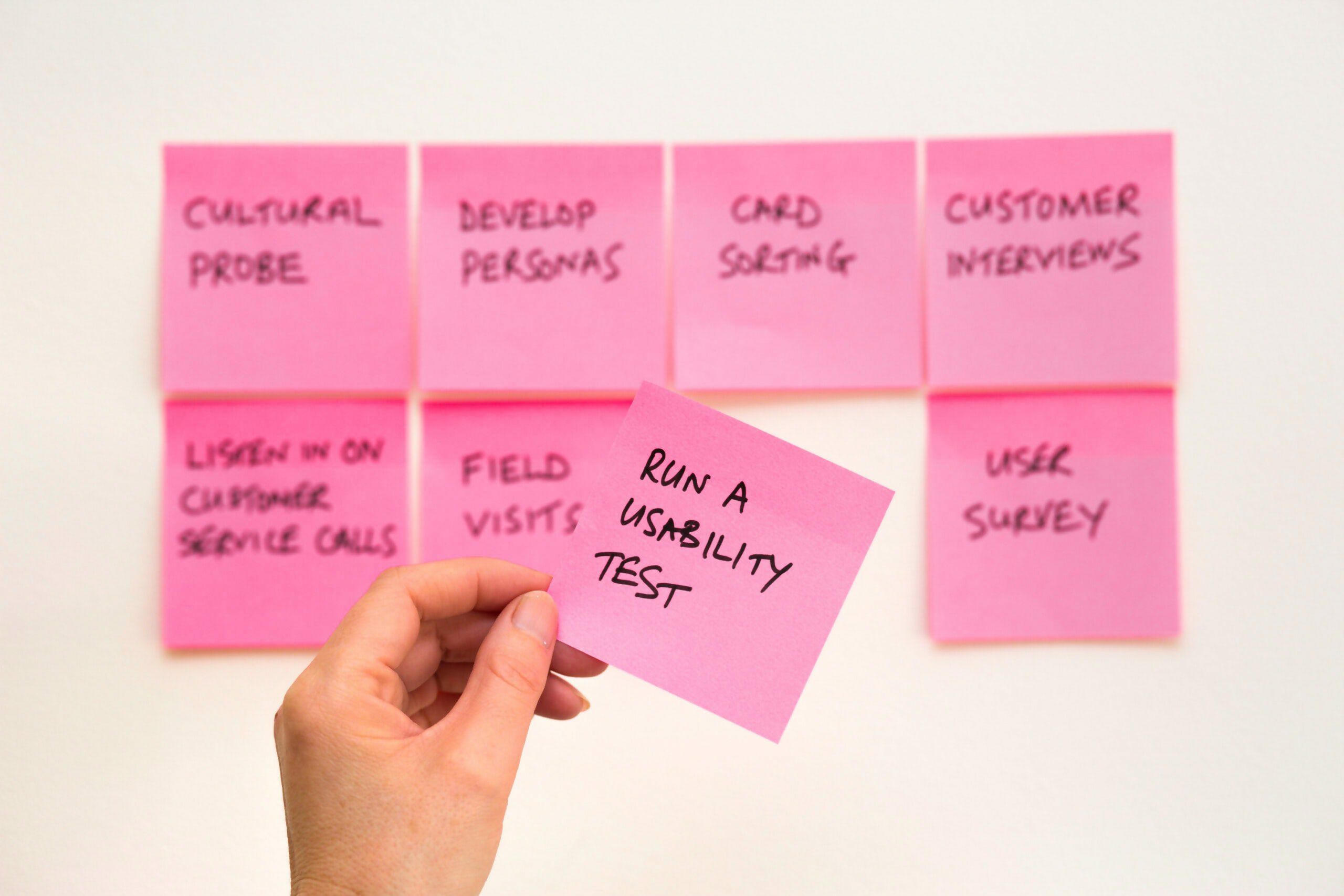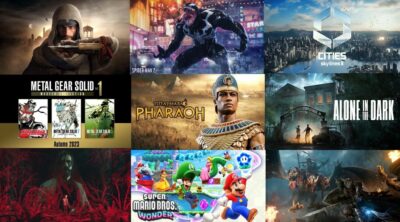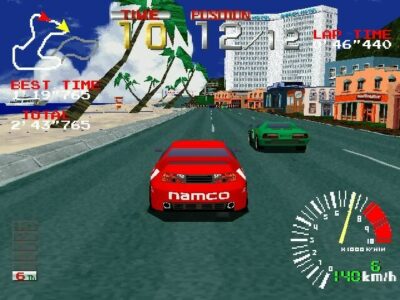
Games user researchers run structured playtests that allow teams to iterate and make games better. They combine UX (user experience) and scientific best practice to organise and run reliable studies to understand player behaviour. Although it’s a reasonably new discipline, it’s had a huge impact on the games industry over the last decade, by giving developers access to reliable data about how players experience their games.
From interviewing the most hardcore MOBA players, to watching children set up augmented reality (AR) games in their living rooms, the typical day of a user researcher is hugely varied and is a fun and rewarding career. Here, we’ll look at what skills someone needs to become a games user researcher, how to develop those skills, and how to find industry opportunities.
Games user researchers run studies throughout game
development. From the earliest prototype, it’s possible to answer questions
such as ‘Do players understand this?’, ‘What’s stopping this being fun?’, and
‘Can players do what we expect them to do?’. But timing these studies correctly
can be quite difficult. Run them too early, and there’s nothing yet there to
test. Leave it too late, and the development team may have moved on to new
priorities and won’t be able to fix the issues uncovered in playtests.

This requires user researchers to understand how games get
made, and when they should be running playtests to have the most impact. Early
in development, working closely with game designers on the core loop helps
ensure the game is fun. Later on, they work with artists, level designers,
programmers, sound engineers, and others to make sure their work is being
experienced correctly.
Understanding how games get made and what each discipline
does allows researchers to plan impactful playtests and get the results to the
right people. Because games user research is reasonably new, teams often
request playtests too late – researchers need to be proactive and go out of
their way to make studies happen at the right time.
There are a lot of ways that people develop these skills.
Some user researchers have previously worked on indie development teams or on
mod teams. Others have experience in other games disciplines, like production
or QA, or have read books like The Art of Game Design. Time spent learning
how other disciplines work will allow researchers to be more effective.
Reliable playtests are scientific experiments, and require a
scientific approach. Researchers follow a repeatable process of:
- Understanding what the team needs to know
- Deciding what the right method is to answer
their question - Collecting data from players
- Analysing and synthesising the findings to
create conclusions
Researchers work hard to do this in a robust way that is
free of bias, and creates ‘safe’ conclusions that teams trust. This usually
means that games user researchers have a scientific background – many games
user researchers have postgraduate degrees in social sciences.
This teaches them how to define and ‘screen’ people to find
the right kind of player, how to craft non-leading tasks for players, and how
to collect and handle a large amount of qualitative and quantitative data. The
communication skills required to interact with players are just as useful when
condensing and sharing results with colleagues, so that game designers listen
when we present our findings.

Although most researchers have developed experimental design
skills through academic experience, this isn’t the only way to do it. Other
avenues include gathering playtest experience through a design or production
role, or learning on the job as a junior member of the team.
After deciding on a career planning and running playtests
professionally, it can be difficult to get the first role. The discipline is
reasonably new, so only the largest studios take on junior user researchers.
Look for roles at large developers and publishers such as Microsoft, Ubisoft,
or PlayStation, as they’re more likely to hire user researchers at a junior
level. Mobile dev teams, who’ve been exposed to user research through
experience of app design processes, can also be a great place to develop early
research skills.
Because there are limited opportunities, competition for
jobs can be fierce. Stand out through personal projects – by working with indie
teams to run, say, games user research studies. Working as a user researcher in
other industries, such as web or app design, can also provide experience of
designing and running experiments and influencing designers. At interviews,
showcasing your experience understanding game development, and ability to
design unbiased and accurate research studies will be key. The secret weapon
for job applicants is the community. Jobs boards, such as @GamesURJobs on Twitter
or the How to be Games User Researcher newsletter, will help spot opportunities
when they come up, and the games user research community is an open and
inclusive group ready to help give guidance and help new people join the
industry.
Games user research has exploded over the last decade, and
is still growing. If you have an analytical mind, love games, and enjoy
spending time with players – this is the career for you!





